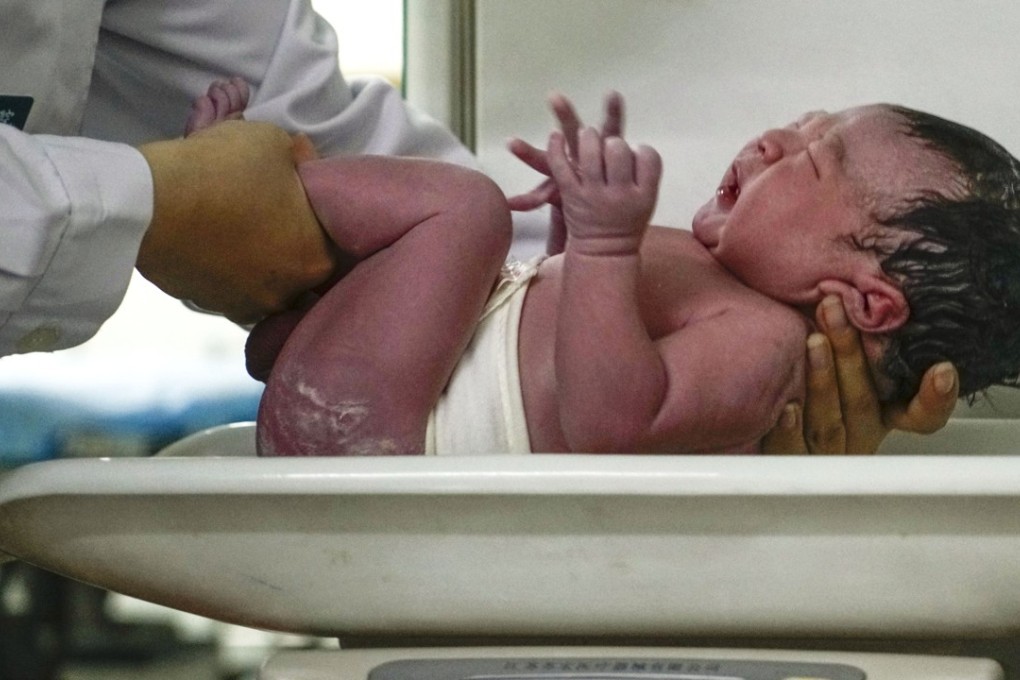Greying China looks at dropping all limits on birth control
Health minister says decision will be made after assessing Xi Jinping’s congress work report

China has not ruled out further relaxation of its family planning policy as the country grapples with a rapidly greying society and shrinking labour pool.
Asked on Sunday whether China would soon relax the two-child limit on couples, Li Bin, minister of the National Health and Family Planning Commission, said the authority would use “scientific judgment” of China’s demographic situation to harness family planning policies.
Speaking on the sidelines of the Communist Party’s national congress in Beijing, Li said she would “study President Xi Jinping’s work report in detail” to decide whether the nation was ready to lift all restrictions on family planning.
In his marathon report to the congress last week, Xi said China would promote “the coordination of childbirth policies with other economic and social policies”, dropping the usual reference to “family planning”.
It was also the first time in nearly 30 years that the party work report did not contain a reference to “birth control”.